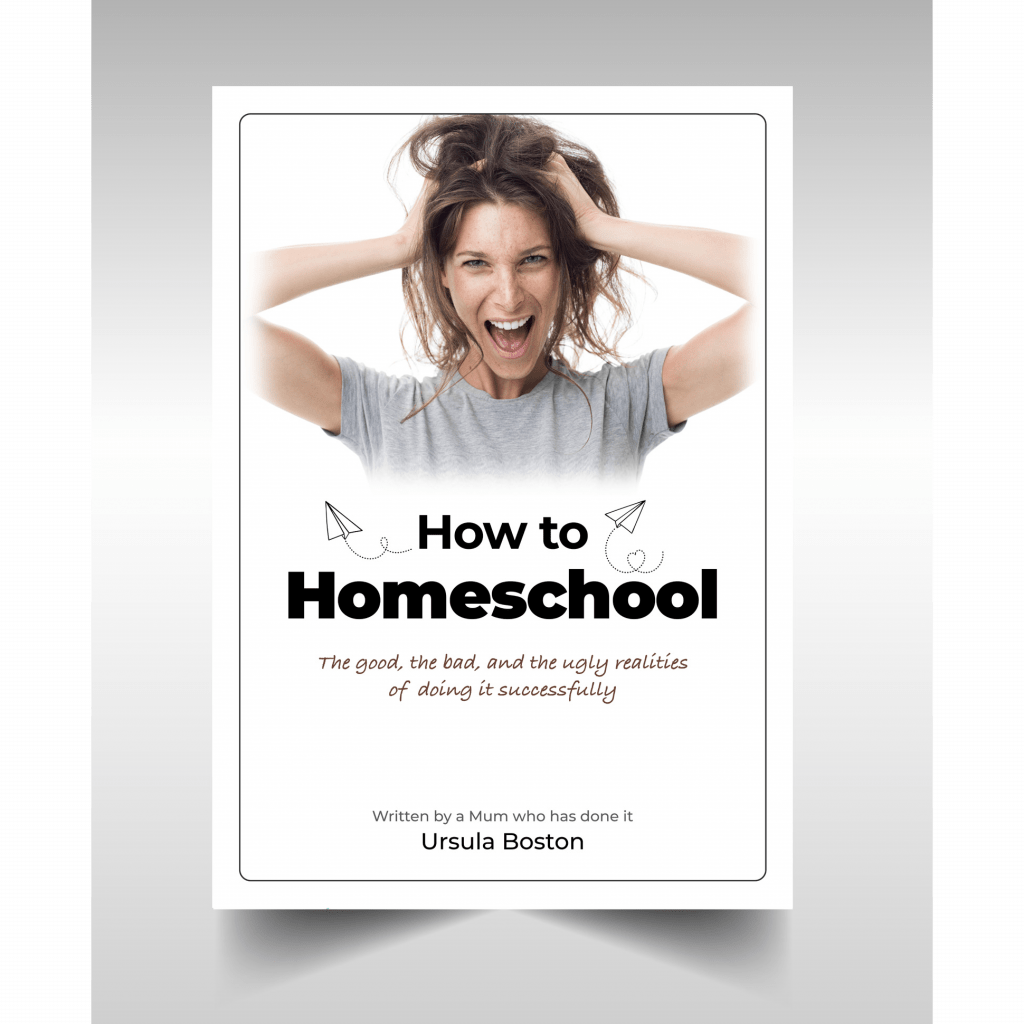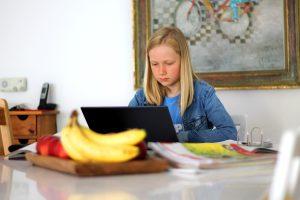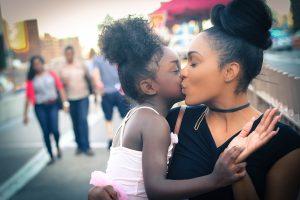One of the biggest concerns for parents about homeschooling is” Will my kids become socially awkward? ” I can guarantee that question is at the top of the list among other worrying concerns.
The general stigma attached to homeschooled kids is the presumption that they are ” socially awkward weirdos”. They are disadvantaged as they are not surrounded by other peers in a traditional school environment.
They lack communication skills are deficient in navigating social situations and often display negative behaviours more than “normal” kids.
This scenario and stereotypical description is every parent’s nightmare when homeschooling their kids. Thinking that their child will be socially exiled, have no friends, lack social etiquette and be disengaged from their community will eventually turn them into a hermit.
So… Are Homeschooled Students Less Social?
But alas, do not fear… I can assure you that your child will not suffer the solitary lifestyle of a hermit.
My girls lived on a remote island with no other children their age within 120km. Surrounded only by nature, other adults and the occasional nomadic travellers that sometimes had kids in tow. The only real physical interaction they had with other kids was when we visited the mainland every six weeks or so.
So how did they manage to shatter the stereotypical description of homeschooled kids be socially independent and build solid relationships with friends?
Read More: What I’ve learned about “Socialisation” for Homeschool from 20 years of experience.
How to Make Friends When You Are Homeschooled?
If you’re new to the homeschooling world you may want to find legitimate ways for your kids to make friends.
Here are some suggestions that I hope will be constructive.
1. Social interaction
It’s important to remember that socialisation and education are equally important for the well-being of our kids. Without one, they will have an unbalanced sense of being.
If we reflect on the meaning of socialisation for a moment. “The process whereby people acquire the rules of behaviour and systems of belief and attitudes that equip a person to function effectively as a member of a particular society” (Durkin, 1995b).
It is quite different and has a broader meaning than the understanding that most of us think socialisation is. Being that it refers to the social activities and friendships that our kids participate in and engage in.
No matter our individual interpretation of socialisation we can all agree that we want our kids to develop and sustain meaningful and healthy friendships with others. And to do this we need to make opportunities for them to find friends and make connections.
We can do this by:
- understanding what our child’s interests and passions are eg. art, dinosaurs, sport.
- encourage them to join groups or activities that promote their interests (eg art class, visiting museums, joining a soccer team) and to find other like-minded peers
- Learn something new to encourage different interests and adventures( eg Join PCYC Group )
- Find a pen-pal of similar age and exchange letters with each other
- Participate in community charity groups (eg. door knock appeals, fun runs)
- Go to the park, there is always someone to talk to and share the swings with
- Find a local homeschool social group either in your area or online
- Teach your children how to introduce themselves appropriately and ask open-ended questions
- Teach your children basic manners – please, thank you, be kind, be thoughtful, eye contact, firm handshake
2. Lead by example
I think we all know that we, as parents have the greatest influence over our children. How we behave, and the words we say somehow end up being mimicked by our kids…I do vividly remember my daughter screaming at the top of her lungs “I’m just a product of my environment” – No truer words have I ever heard.
So in saying that, our kids will be watching how we interact and communicate with our friends, the check-out lady at the supermarket and even members of our family circles.
So let’s set a good example for them to follow. Be kind, courteous, thoughtful and be authentic.
3. Allow access
In order for our kids to develop friendships and socialise we need to allow for the opportunity. So we need to forget about the pile of washing that needs to be done and take our kids to the park to play.
Allow other kids over to our homes even when it’s messy. Encourage weekend sleepovers, and invest your money to have your child join a group or team sport.
Leave some flexibility in your hectic schedules for the unexpected so you can allow time for our kids to indulge in socialisation and maintain the friendships that they have developed.
Finally, if you want an interesting read about socialisation and homeschooling check out the link below. It was written by Richard G Medlin and I personally found the research fascinating.
https://www.stetson.edu/artsci/psychology/media/medlin-socialization-2000.pdf
With Love and Kindness
Ursula x
For a limited time – I’m offering massive discounts for any first-time purchase. Use code ( first20off ) at checkout.

How to Homeschool – The Good the Bad and the Ugly Realities of Doing it Successfully
This is the book I wrote to my younger self about doing it successfully. Take it from someone who has been there.
It is everything I have learned from my 18 years as a full-time educator, mum, and housewife.
It is everything you need to get started.

About The Author
My name is Ursula Boston. I’ve been educating my daughters as a proud homeschool mum for nearly 20 years. Alongside managing our household and small business from home.
If you want to learn how to do this from someone who has actually done it. Twice! I will show you HOW.







